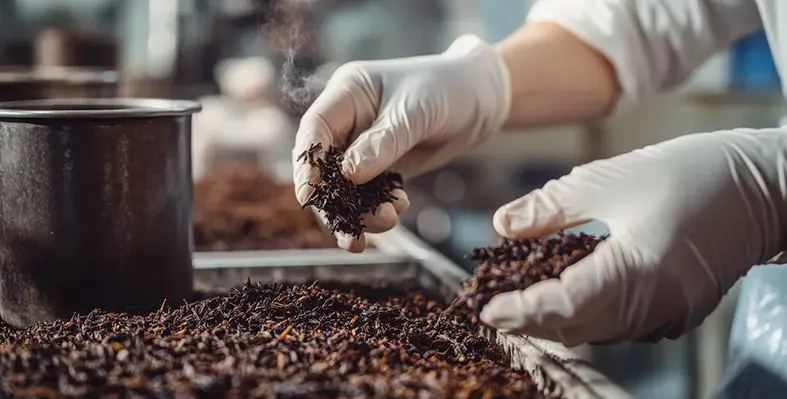Tanzania’s tea industry is steeping in new life, fuelled by the revival of long-dormant factories and fresh investment in modern processing facilities
With national output already up by over 5% to 22,000 tonnes in the 2024/25 season, projections suggest a harvest exceeding 30,000 tonnes of made tea by year-end — a significant leap for one of East Africa’s most promising but underleveraged agricultural sectors.
Beatrice Banzi, director general of the Tea Board of Tanzania (TBT), attributes this upward trend to both public-private partnerships and renewed government focus. Notably, Kilolo Tea Factory — once idle — has resumed operations under a joint venture with Chinese investors. Now producing high-grade orthodox tea for both domestic and export markets, Kilolo is a symbol of the sector’s new direction.
"The government is reviewing previously privatised but now non-operational tea factories with the aim of returning them to farmer ownership under the current legal framework," said Banzi, signalling a push toward empowering local producers while ensuring sustainable governance.
In Dar es Salaam, new processing machinery has been installed to improve capacity, while factories in Njombe and Iringa have secured financing through CRDB Bank. These Southern Highlands regions, home to over 70% of Tanzania’s tea are also seeing the rehabilitation of estates that have lain dormant for more than 30 years.
Victoria Tea (formerly Kagera Tea) is also back in business. Located in the Kagera Region, the factory's relaunch is expected to boost both smallholder incomes and Tanzania’s tea export volumes. TBT’s Marketing Manager, Suleyman Chillo, confirmed the factory’s return and outlined plans to work closely with farmers on improved cultivation, fertiliser use, and harvesting practices.
"These aren’t just factories restarting, they’re economic engines for rural communities," Chillo explained.
Tanzania now boasts over 32,000 smallholder tea farmers and seven large-scale producers, with tea grown across six regions: Tanga, Iringa, Njombe, Mbeya, Mara, and Kagera. In total, 23,805 hectares are under cultivation.
While drought impacted the previous season’s target of 25,000 tonnes, with only 22,000 achieved, optimism remains high. TBT’s acting director of regulatory services, Mbushunoti Mindoi, said the affected factories are preparing to restart operations. "Some closures were related to management challenges, but those issues are being resolved. The affected factories are now preparing to resume operations with renewed vigour."
With renewed investment, modern equipment, and an engaged farmer base, Tanzania's tea industry is once again proving that it can compete on both quality and scale brewing real promise for local growers and global markets alike.





